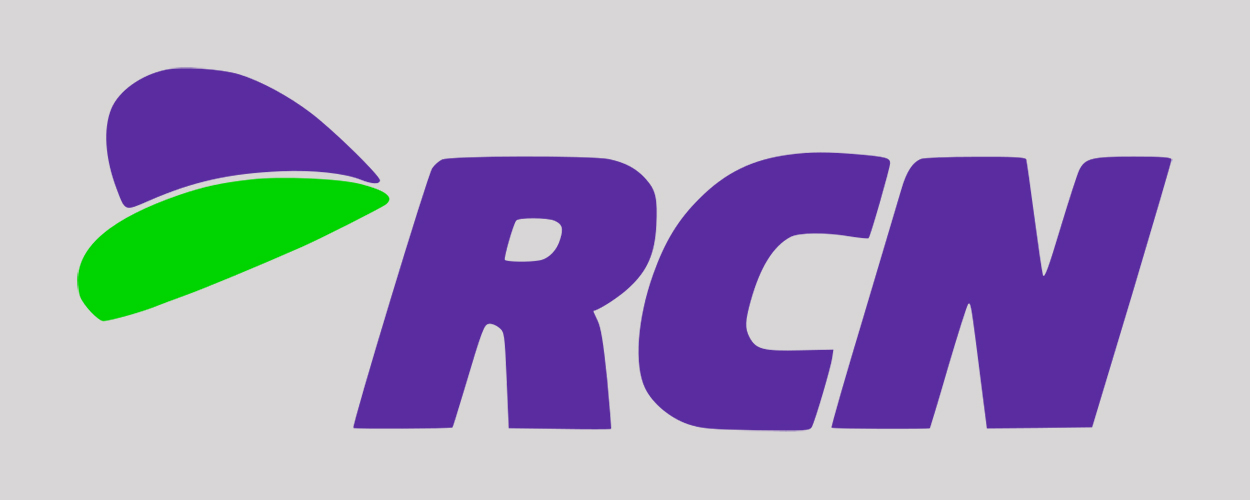This website uses cookies so that we can provide you with the best user experience possible. Cookie information is stored in your browser and performs functions such as recognising you when you return to our website and helping our team to understand which sections of the website you find most interesting and useful.
Business News Digital Labels & Publishers Top Stories
RCN latest ISP to accuse record industry of bad conduct when issuing copyright takedowns
By Chris Cooke | Published on Thursday 8 October 2020

Another US internet service provider has accused the record industry of employing dodgy practices when issuing takedown requests and copyright complaints against internet companies. These practices are “unfair and fraudulent”, says net firm RCN, which also accuses the majors of breaking the California Business & Professions Code.
RCN is one of a number of American ISPs sued by the record industry over the copyright infringement of their users. The labels argue that because the internet companies have deliberately shoddy systems for dealing with infringement and repeat infringers on their networks, they shouldn’t enjoy protection under the copyright safe harbour, meaning they can be held liable when their customers infringe copyright.
Charter Communications, Bright House Networks and RCN’s sister company Grande Communications have all also been targeted with litigation in the wake of BMG – and then the majors – successfully suing Cox Communications on this issue.
More recently many of those ISPs have been pushing back with their own accusations against the record companies, trade body the Recording Industry Association Of America, and the anti-piracy agencies they employ, in this case Rightscorp.
The net firms have always been critical of the way companies like Rightscorp go about issuing takedown requests and copyright complaints, arguing that those notices cannot be trusted and are therefore not solid proof that any one customer has been infringing copyright.
However, more recently the ISPs have been increasingly accusing the record industry of having a deliberately slack approach to issuing takedowns, to the extent that – the internet companies say – the labels and their agents are themselves violating safe harbour rules or other related laws.
In its latest legal filing, submitted earlier this week, RCN accuses the labels of deliberately swamping internet firms with copyright complaints, while not sharing and often deleting the evidence that allegedly justifies each complaint.
This is done, it says, in a bid to “force internet service providers to treat all copyright infringement accusations, no matter how flimsy, as legitimate. In a sane world, only actual, verifiable evidence of copyright infringement would provide a sufficient basis for an ISP to terminate the internet access of a customer. But that is not the world the record labels and the RIAA want to live in”.
“Instead of actually policing their copyrights”, it goes on, “and identifying and proving claims of direct copyright infringement – [the labels] seek to create an environment in which ISPs, including RCN, have no choice but to indiscriminately terminate the internet access of every customer accused of copyright infringement, or face the wrath of the record labels and the RIAA”.
It then adds: “The record labels and the RIAA are relying on Rightscorp’s copyright infringement allegations not because they are true, but because the nature and volume of the accusations allow [the labels] to use them for the improper purpose of gaining leverage over ISPs. The unspoken threat is RCN’s reality: accept the new copyright regime or face the cost and burden of defending against a protracted secondary copyright infringement lawsuit seeking vast sums of damages”.
Leading up to its actual legal claim, RCN then states: “[The labels’] intentional destruction of evidence that supports or contradicts millions of conclusory and unsupported accusations of copyright infringement against users of RCN’s network, and their scheme to wield that evidence against RCN and others solely for monetary gain, significantly harms competition, is immoral, unethical, oppressive, unscrupulous, and substantially injurious to consumers and competition. These business practices are in violation of the California Business & Professions Code”.
The labels have been predictably disparaging when other ISPs and internet companies have made similar claims. The music companies argue that those net firms are unable to properly defend the copyright infringement lawsuits filed against them, so have instead manufactured complaints about the way copyright owners go about enforcing their rights. A similar response to RCN’s new legal filing is likely, but it will be more interesting to see how the judge responds.





